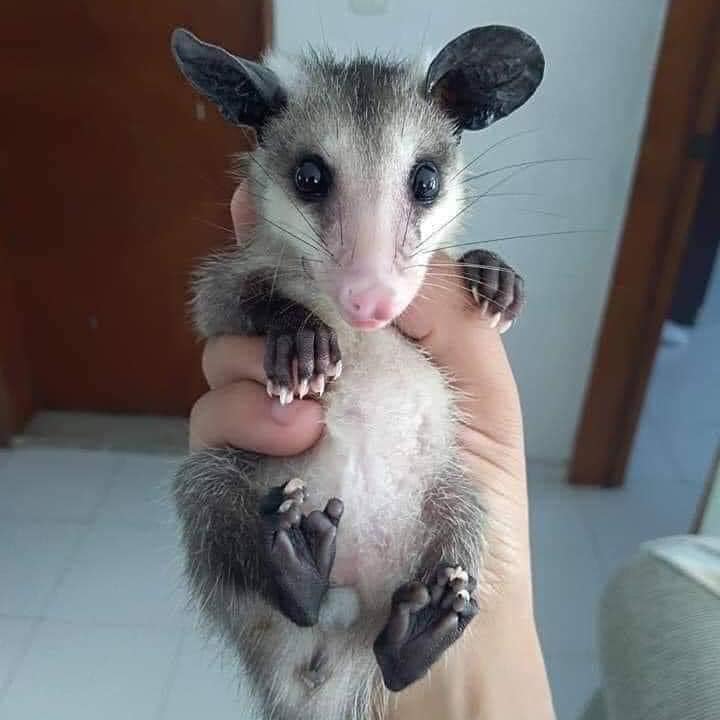|
The opossum may be known for being stupid, ugly, and the animal voted Most Likely to Become Roadkill in high school, but scientists say its blood may be key to fighting the effects of snakebites worldwide. In lab experiments with mice, a team discovered the exact molecule, called a peptide, in the North American marsupial's blood that can neutralize snake venom. The peptide worked against several venomous snake species, including America's western diamond back rattlesnake (Crotalus atrox) and India's Russell viper (Daboia russelii). "The mice that were given the venom incubated with the peptide never showed any signs [of being sick]," says Claire Komives, a professor of chemical engineering at San Jose State University in California. (Also see "Could Black Mamba Snake Venom Replace Morphine?") "It was like a miracle, that this peptide really has this activity," says Komives, who presented her preliminary findings on March 23 at a meeting of the American Chemical Society in Denver. Scientists have known since the 1940s that Virginia opossums (Didelphis virginiana) possessed some level of immunity to snake venom, Komives notes. Other mammals, such as ground squirrels and honey badgers, also have natural immunity to venom. But now that her team has isolated the component responsible for the opossum's superpower, Komives says, scientists could mass produce the substance as an inexpensive and universal antivenom for use in the developing world. (See pictures of venomous snakes.) The World Health Organization estimates that as many as 94,000 people die each year as a result of snakebites. While antivenoms already exist for many snake species, the compounds can be costly and need to be tailored to each animal—making a universal antivenom vital to saving lives. Not So Fast?The opossum research is fascinating, but venom expert Zoltan Takacs cautions against popping open the champagne just yet. The problem is that a snake's venom contains hundreds of different compounds, each with its own method of subduing the victim. Shared from https://www.nationalgeographic.com/
0 Comments
Leave a Reply. |






 RSS Feed
RSS Feed